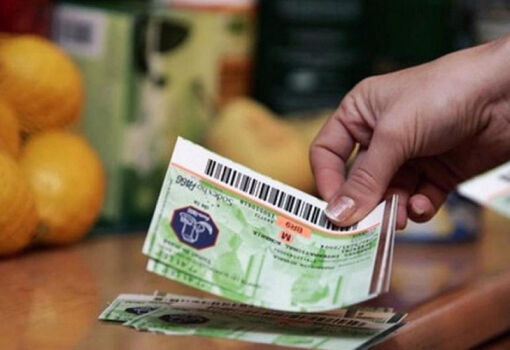
Dorin Moldovan
First of all, the amendments provide for additional tax deductions for entrepreneurs. Firstly, when purchasing vacation vouchers for employees – in the amount of 50% of the average salary in the economy. There is also a provision for reimbursement of employees’ expenses for accommodation in tourist facilities of the country. And for alternative childcare services for children under 3 years old. The employer will be able to deduct their expenses up to 2.5 thousand lei per child.
The obligation to use the tax regime that facilitates the payment of social insurance contributions was softened for farmers. Farmers can apply it if 70% of their sales come from the agricultural sector. Until now, this share had to be at least 95%. In this case, they can claim a 6% social security contribution from the state budget.
In addition, income tax will not be levied on the income of non-resident individuals who purchase state and municipal securities. VAT will be abolished for cars sold on the basis of financial leasing agreements concluded before January 1, 2026. Income tax will not be levied and allowances for young people working in strategic industries. The draft also provides for compensation of transportation and housing expenses for civil servants, doctors and pharmacists working in state health care institutions.
Another important amendment for taxpayers concerns the new transfer pricing system. Namely, the minimum amount of transaction for reporting to the STS is finally set at 20 million lei. That is, the taxpayer, whose transactions with affiliated entities equal or exceed this threshold, is obliged to compile information on transfer prices. And the file of TC – only at the request of the STS.
Information on TC shall be submitted not later than the 25th day of the sixth month after the end of the tax period. And the dossier – within 120 days from the date of receipt of the request, but not earlier than the deadline for submission of information on TC. At the same time, the company has the right to submit corrected information on TC, as well as the dossier within 30 days from the date of notification of the STS decision on the adjustment/estimation of transfer prices.
In addition, for the purposes of setting thresholds and processing controlled transactions, advances, exchange rate differences and differences from the revaluation of assets and debts recognized in the accounting records as a result of transactions carried out with affiliates, except for currency exchange, are not taken into account. For the purposes of setting thresholds for transactions involving leasing, credit and loans, only interest accruals calculated during the tax period are taken into account.
Recall that earlier legislation established a transitional period. Therefore, penalties for failure to submit a TC dossier will begin to apply from 2028.
Despite the fact that the changes have already entered into force, experts continue to express doubts in terms of their application. The main problem is that few people understand how to prepare transfer price dossiers. Similar documents of companies from OECD countries are borrowed as an example. However, they have different capabilities. In addition, these are free-form reports that may allow for interpretations. And it is not clear how they will be perceived by auditors. At the same time, it is impossible to prepare a single template, because the information concerns different spheres. Therefore, everyone will act at their own discretion. And the result will become clear after the first fines. These are the approximate comments of the experts we interviewed.
“The mandatory preparation of the dossier of shopping center authorities still removed, leaving the decision to the State Tax Service, which makes the task of enterprises a little easier, – says Dorin Moldovan, director of the audit company Audit Exact. – I think, because both taxpayers and STS are not ready for it yet. But even information on such transactions will cost taxpayers. Only for the last changes in the database the company paid 30 thousand lei. And if it has to prepare a file, it is unlikely to cope on its own. It will have to involve a specialized company, and the amount will increase several times. How reasonable are such expenses today? I believe that the state should provide us with free access to such databases. Especially since it has many control bodies and levers to check such transactions.






